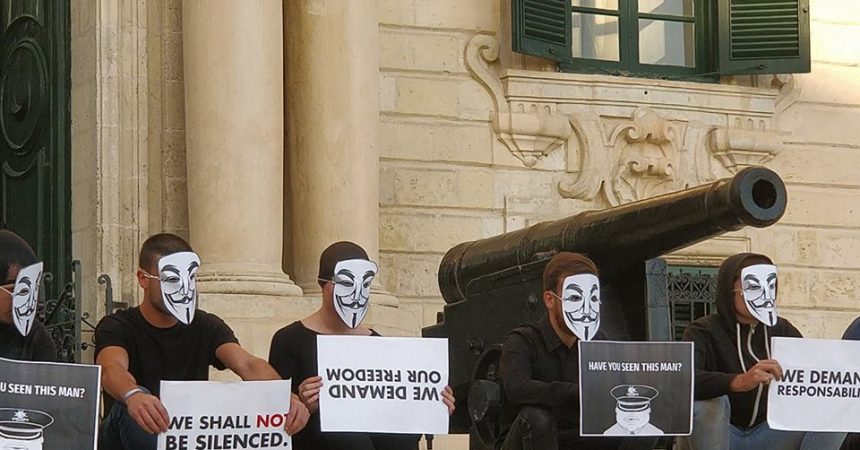Government’s line of defence, especially when faced by international criticism over the rule of law in Malta has been that of boasting about the reforms introduced in the last five years.
During the European Parliament debate on the rule of law in Malta following the assassination of Daphne Caruana Galizia MEP and aspiring Labour leader Miriam Dalli led the defence by saying “Is a country without rule of law one with a law on party financing, removal of criminal libel in press law, a Whistleblowers’ act, and removal of prescription of corruption on politicians?”
This line of thought has more or less been repeatedly thrown at MEPs, critical journalists and whoever dares question the state of affairs in Malta.
But reality is nowhere near what they would have us believe. Take the whistleblowers act.
Government has refused to grant former FIAU investigator Jonathan Ferris whistleblower status, blocking him from revealing his findings. Instead government is threatening to throw him in jail for breaching money laundering secrecy laws.
Russian whistleblower Maria Efimova has also been denied whistleblower status and instead was slapped with an international arrest warrant for failing to appear in court where she is being accused of the misappropriation of some €2,000 by the bearers of righteousness at Pilatus Bank.
In yet another case, Bulgarian whistleblower Valery Atanasov is so far being denied whistleblower status after flagging a lack of enforcement at the digital gambling regulator, MGA.
Instead, he was formally disciplined, suspended and then fired for “incompetence and insubordination.”
The Whistleblower Act as it stands today does not protect whoever comes forward with information which could be damning for the government of the day.
Once again, an essential tool in democracy has been designed to cater for the needs of the mighty and powerful. Yet, its business as usual for many. The new normal is no longer new. And very few seem to be bothered.
The biggest enemies of democracy are not those in power and their stooges who act as if all well in the land of billboards, shabby buildings and dodgy banks. And neither are they the foot soldiers who repeatedly remind us how well the economy is doing and how we almost died of hunger under previous PN administrations.
Nor is it the opposition devoid of any ideas to create something new.
But the status quo is reinforced by the ones who choose to sit on the fence or who are vexed by the ‘Daphne crowd’. Those who downplay the arrest of Ali Sadr as some kind of storm in a teacup stirred by the opposition. Those who refrain from calling a spade a spade because they do not want to be associated with anyone but themselves.
Those who are aware that institutions such as the MFSA, the MGA, the police, FIAU and the Attorney General have had their teeth extracted by politicians and big business but bite their tongue because they do not want to irk the party they have always supported.
Those who project themselves as independent and free-thinking rebels but who are very selective in the battles they fight. Those who are blinded by money.
Fragmentation is a reality which we cannot escape, especially on the left. I do not expect everyone to agree on everything and people have every right to strategically choose which battles to fight.
But as long as we allow sectarianism to infiltrate civil society and citizen movements then the ruling elite, made up of politicians and big business, will plough ahead and shape democracy according to their needs.












